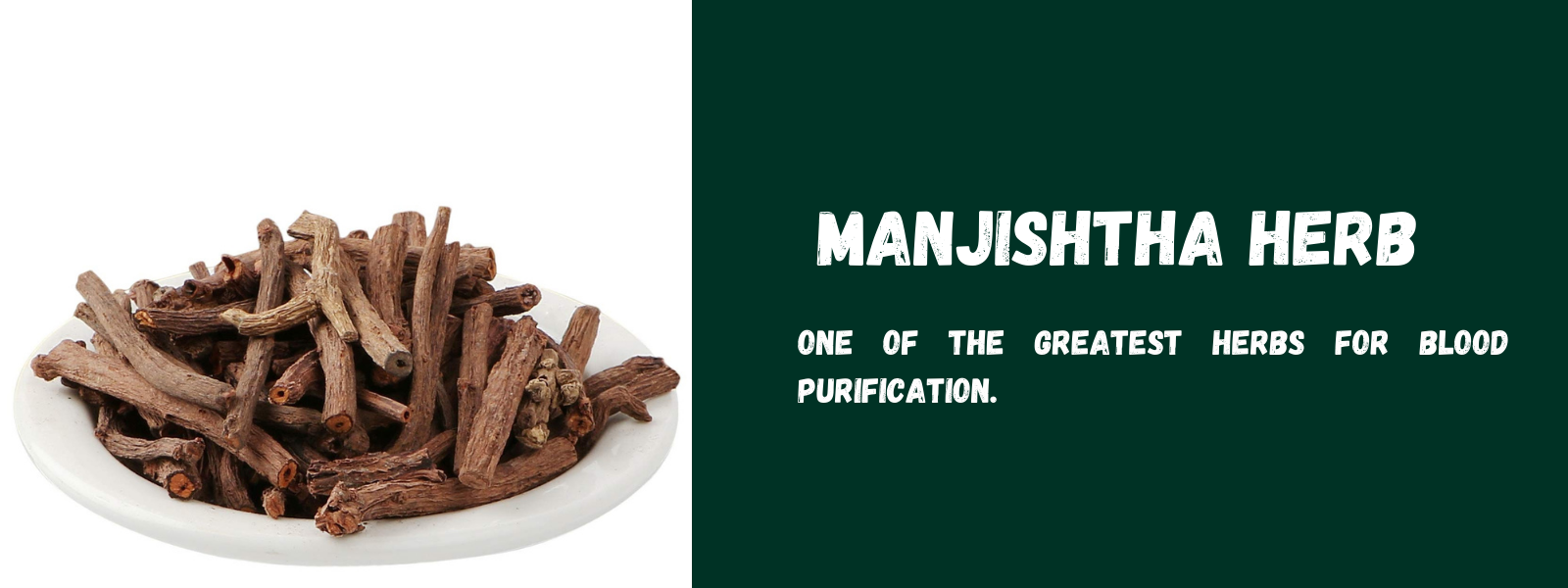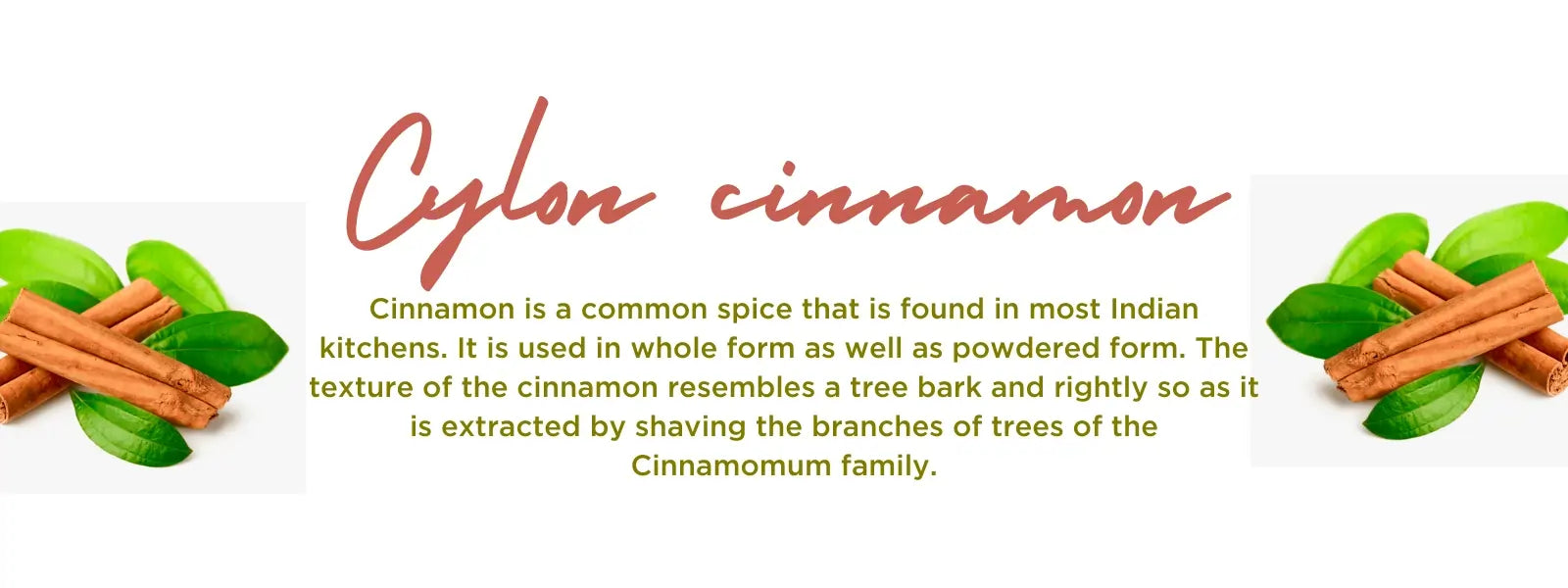Agrimony, botanically known as Agrimonia eupatoria, is a herb in the family Rosaceae. It has been used in traditional (folk) medicine for many years because it is good for you. Its water extracts (infusions and decoctions) are used to treat problems with the respiratory and urinary systems, the digestive system, and long-lasting wounds.
Table of Contents
What is agrimony?
Agrimony is the name of a group of about 15 species of flowering plants that grow all over the Northern hemisphere. You can also find these perennials in some parts of Africa. For hundreds of years, people have used them as medicine. Even though many of the possible benefits are still debatable, it has been used for hundreds of years and its effects have been confirmed many times, making it an important part of many herbalist practises and treatments. Liverwort, cockleburr, and sticklewort are some of the common names for this plant.
Components of agrimony:
There are a lot of active chemicals in agrimony, such as catechin, which is an antioxidant, and thiamine. It has the anti-inflammatory quercetin, which is also what gives the agrimony flower its colour. This herb has tannin in it, which works as an astringent and is used to treat a number of skin problems. Agrimony also has acids that are good for your skin, hair, and nails. These acids are palmitic, ursolic, and silicic acids. It also has a lot of flavonoids, such as apigenin, kaempferol, and glycosides, in addition to all of these things.
Folklore and early use of Agrimony:
The name "Agrimonia eupatoria" for agrimony comes from the name of Mithridates Eupator, king of Pontus, who made a "universal antidote" to protect himself from all poisons on earth.
Pliny, a well-known Roman naturalist and philosopher, said that agrimony was "an herb of princely authority."
Agrimony has been thought to be very magical for a long time, and one of its oldest names is "fairy's wand." In a Scottish witch trial in the 18th century, Agrimony was said to be a witch's cure for people who were "elf-shot" or sick for no clear reason.
Health benefits of Agrimony:
Digestive Health
Agrimony is a bitter herb. Bitters cause the body to make more enzymes and stomach acid, which helps the digestive system absorb the most nutrients from the food it eats. The bitter parts of agrimony can control how the liver and gallbladder work. It has been used in Germany to treat gallstones and cirrhosis of the liver. It is also used when gallbladder disease is caused by too much acid in the stomach.
Because agrimony is high in tannins and has anti-inflammatory properties, it is especially good for stomach problems, especially mild cases of diarrhoea. It is thought to make the soft tissues of the GI tract and gut less swollen. It has tannins that tighten the mucous membranes, making them better at absorbing and secreting.
Heals wound
Agrimony has been used to heal wounds and stop bleeding since the Middle Ages. It is also known as the "gunshot herb." It was used to treat wounds on the battlefield because it is a good coagulant, which is a substance that makes blood or other liquids stick together.
Because of this effect, Agrimony is now used to stop bleeding in the body, including heavy periods. Its anti-inflammatory properties also help ease the pain of heavy periods, which can be caused by menstruation.
Detoxification
Agrimony has a lot of helpful plant compounds that help the body get rid of waste. Some of these are tannins, flavan-3-ols, flavonols, flavones, and phenolic acids, all of which have a strong healing effect on the body. Also, it has been shown that these compounds are anti-inflammatory and painkilling.
Agrimony is also a diuretic, which means it makes you urinate more and makes your kidneys flush out toxins more often. This helps get rid of extra fluids and stimulates the kidneys, which flushes out uric acid and extra crystals that can cause gout, arthritis, and kidney stones, among other things.
Healthy Liver
Agrimony's active ingredients can also be used to treat too much bile, stones in the bile duct, and pain in the gallbladder and liver. In fact, a 2018 study showed that its ability to lower lipids and act as an antioxidant protects the liver from damage. So, Agrimony can be used as a liver tonic to protect and strengthen the liver.
Health of the Lungs
Agrimony has been used for a long time to help treat problems in the upper respiratory tract. It helps soothe sore throats, mouth ulcers, and inflamed gums when used as a gargle. Performers and public speakers often use it to loosen up their throats and make their voices stronger.











Leave a comment